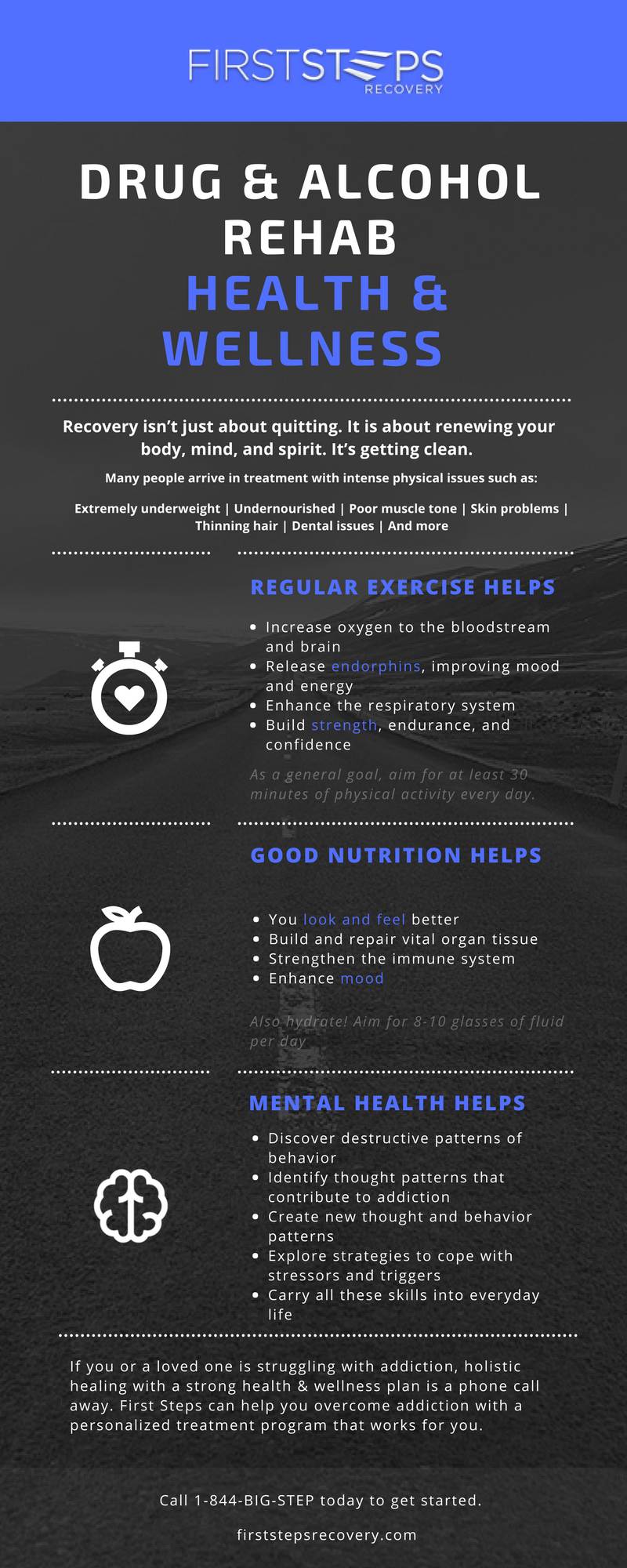Discover Exactly How To Build A Strong Aftercare Plan After Drug Rehabilitation And Achieve Long-Lasting Success
Discover Exactly How To Build A Strong Aftercare Plan After Drug Rehabilitation And Achieve Long-Lasting Success
Blog Article
Created By-Hjort Have
You have actually completed drug rehabilitation, and currently it's time to produce an effective aftercare plan to guarantee your long-lasting recovery.
Picture this: you're an individual established to stay clean and build a satisfying life. This post will guide you via recognizing recurring support group, integrating treatment and counseling, and developing healthy coping mechanisms.
With these approaches, you'll be geared up to grow in your trip of sobriety.
Let's get going.
Identifying Ongoing Support Systems
You need to determine a minimum of three continuous support systems to make sure a successful recuperation after drug rehabilitation.
The first support group is your friends and family. They can supply emotional support, support, and aid you stay answerable. https://news.bloomberglaw.com/daily-labor-report/drug-and-alcohol-abuse-slowing-labor-force-recovery-fed-finds can also provide a risk-free and understanding environment where you can share your struggles and triumphes.
The second support system is your therapist or therapist. They can aid you work through any underlying issues that may have added to your dependency and supply guidance on exactly how to prevent relapse. They can likewise teach you dealing mechanisms and healthy methods to take care of anxiety.
The third support system is a support system or a sober community. Being surrounded by Suggested Site who are going through comparable experiences can be exceptionally useful. They can give a sense of belonging, understanding, and offer useful advice and assistance.
Incorporating Treatment and Counseling
To attain a successful recuperation, it's important for you to actively participate in therapy and counseling sessions, in addition to integrate them into your ongoing support systems. By doing so, you can make best use of the benefits of these therapy modalities and increase your chances of preserving long-term sobriety.
Here are some key reasons integrating therapy and counseling right into your aftercare strategy is crucial:
- ** Emotional Support: ** Treatment and therapy give a risk-free space for you to reveal your ideas, feelings, and battles related to your addiction. It allows you to overcome any kind of unsettled problems and establish healthy and balanced coping devices.
- ** Slip back Avoidance: ** These sessions equip you with the essential devices and methods to prevent relapse. They aid you identify triggers, establish dealing skills, and establish a strong foundation for taking care of cravings and anxiety.
- ** Individual Development: ** Therapy and counseling facilitate individual growth and self-discovery. They help you gain understanding right into the underlying root causes of your addiction, boost self-worth, and create healthier connections.
Establishing Healthy Coping Devices
During therapy and counseling sessions, it's essential to actively work with establishing healthy coping systems in order to successfully manage stress and anxiety and obstacles.
You need to recognize and recognize your triggers, those points that cause you distress or stress and anxiety. By recognizing these triggers, you can create techniques to handle them in a healthy way. This could involve practicing deep breathing workouts, engaging in physical activity, or discovering an innovative outlet to express your emotions.
It is very important to also border yourself with a solid support group of loved ones that can provide encouragement and assistance.
In addition, self-care tasks such as getting sufficient sleep, consuming well, and practicing relaxation methods can significantly contribute to your general wellness.
Conclusion
In the journey towards recuperation, developing a successful aftercare plan is like tending to a fragile yard. Equally as a garden enthusiast nurtures each plant with treatment and attention, so as well need to one cultivate recurring support group, include therapy and counseling, and establish healthy and balanced coping systems.
By doing so, the seeds of recovery will certainly blossom into a flourishing yard, supplying a solid foundation for a brighter, drug-free future.
